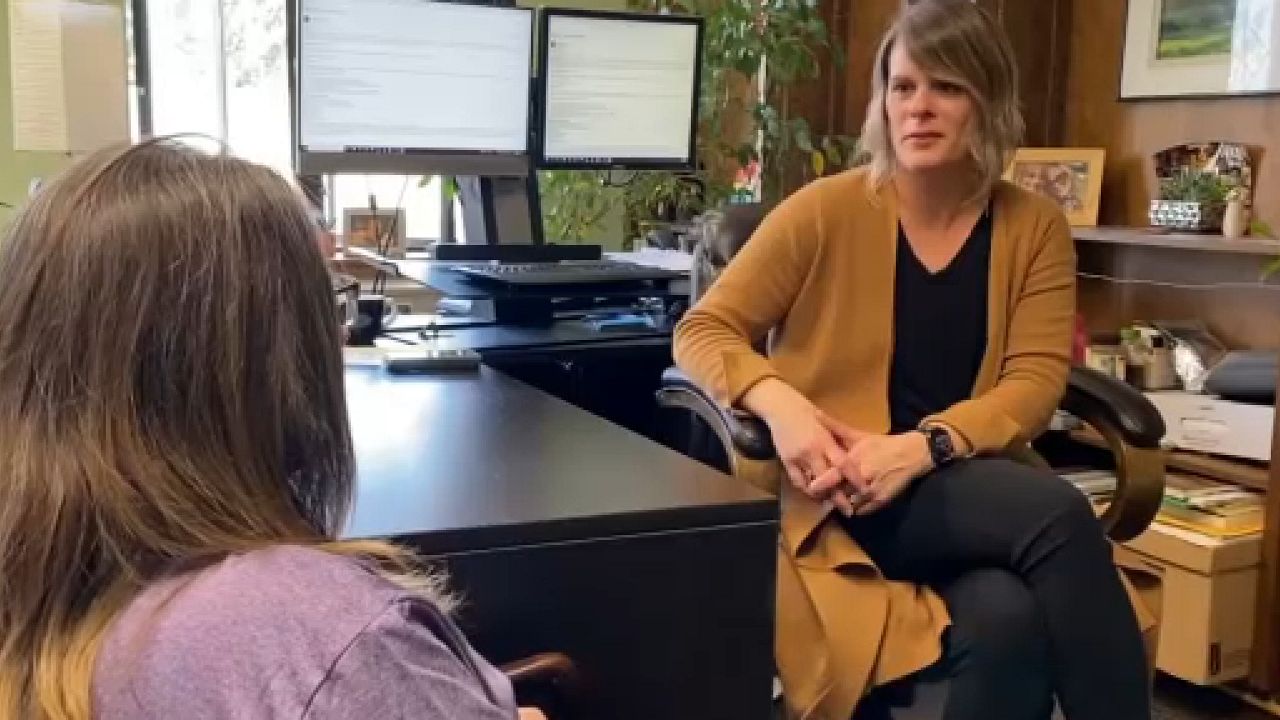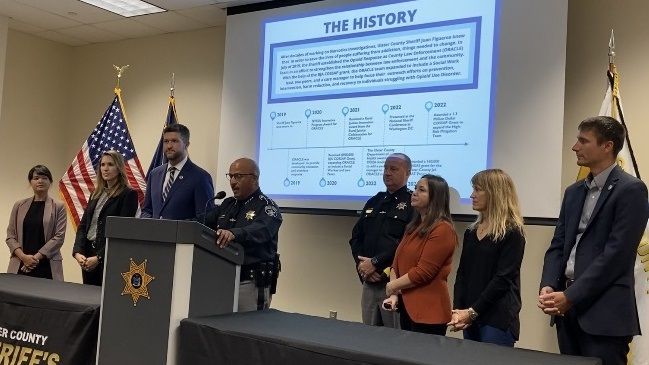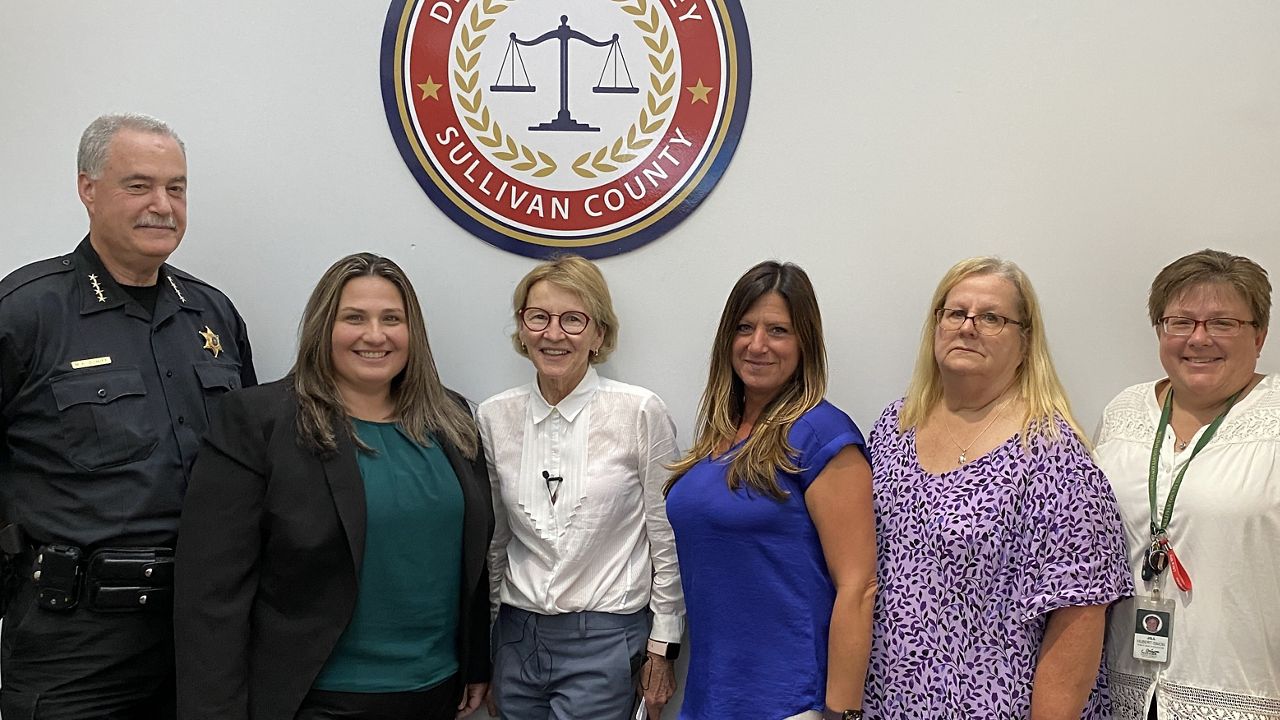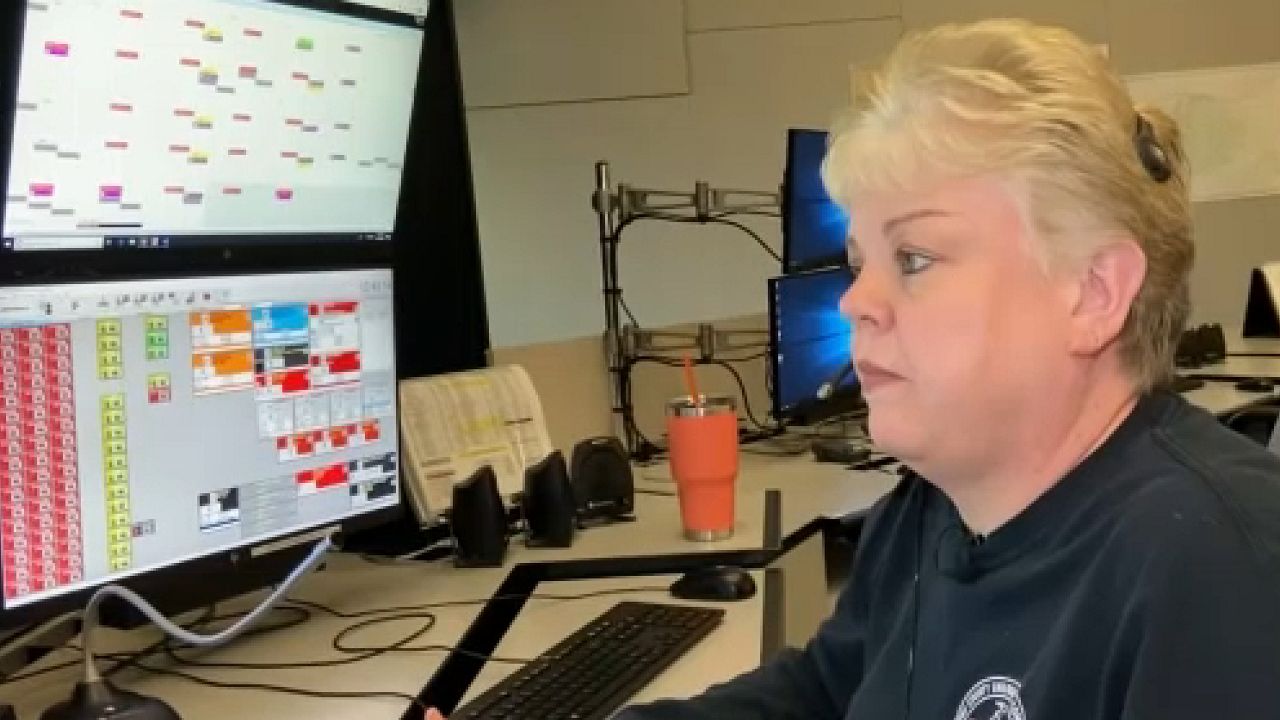Front-line workers in the Hudson Valley say they’ve seen a rise in mental health crises among the people they serve. It’s leading some cities to re-evaluate the ways they respond to those types of 911 calls.
Paul Bogart’s lifelong dream of working for the Kingston Fire Department is being realized.
“I did a ride along with the city of Kingston Fire Department, actually, back in 2004 as an independent study when I was a senior in high school," said Bogart, who is now a firefighter and emergency medical technician (EMT). "I rode here for approximately four months. So that was almost 20 years ago now. And since then, I've been trying to get a job here.”
But his role will be different than extinguishing fires. Bogart and mental health clinician Tanya Neiman are part of a new mobile mental health program that is the first of its kind in upstate New York.
Mayor Steve Noble said it’s an idea that spawned from discussions on how to reshape policing. He said mental health crisis calls don’t always need to be answered by an armed police officer.
“These are professionals who are already out there," Noble said. "They're already helping people. And people trust our firefighters because they know that we're there to help. We're not here to arrest them. We're not here to get involved in any disputes that they're having. All our firefighters are there for us to say, 'how can we help you today?'”
Neiman and Bogart will spend weekdays together, responding to mental health crisis calls within the city of Kingston. They’ll work to de-escalate situations and, if necessary, bring patients to the hospital for additional care.
It’s a necessary resource right now. Neiman said she’s seen the rate of mental health crises increase since the pandemic started.
“A lot of people have severe anxiety, panic attacks, thinking they're having heart attacks for the first time. People having psychotic breakdowns who may have had none previously in the past," said Neiman, a mobile mental health clinician. "A lot of children are really struggling right now with depression.”
While Kingston is the first to do it, Neiman said she hopes it isn't the last because she considers it a model that can be useful across the state and country.
“All the different departments that are utilized in emergency services, bringing professionals for mental health is really crucial and vital," Neiman said.
The program was funded by a grant from the U.S. Department of Housing and Urban Development and will be maintained by federal American Rescue Plan Act dollars.










